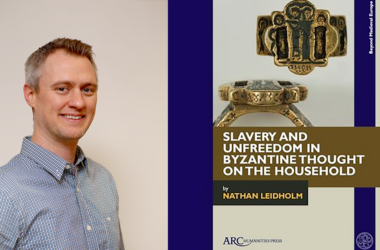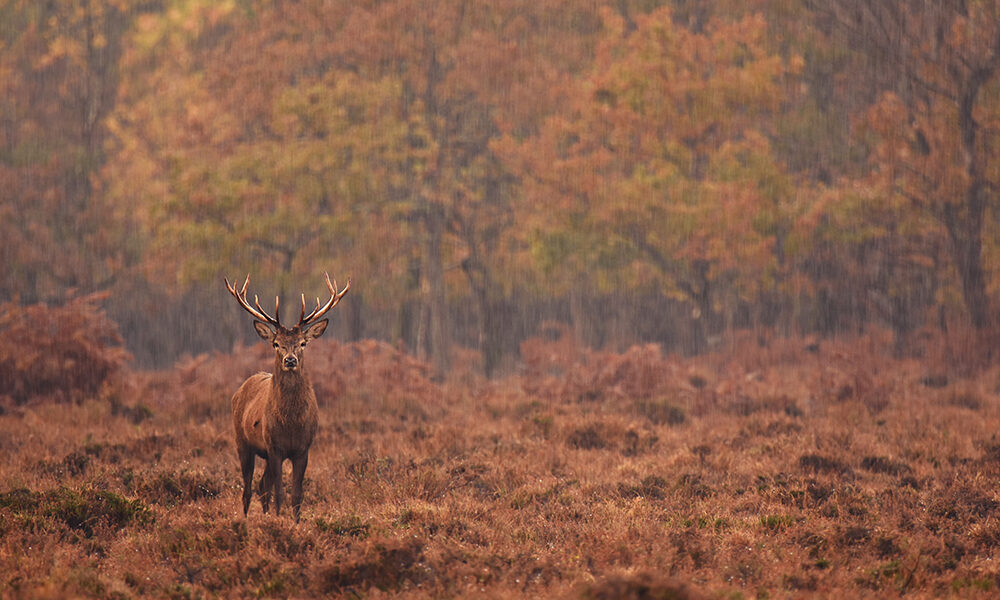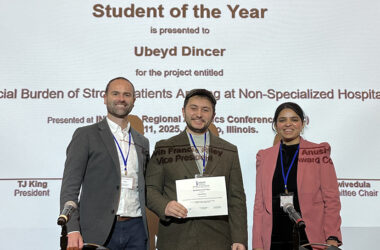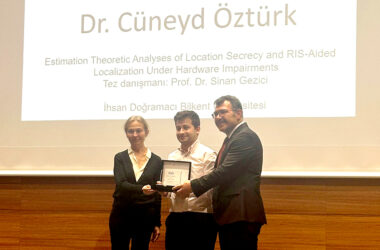Recent archaeological research, led by Bilkent alumna and senior lecturer in zooarchaeology at the University of Groningen, Dr. Canan Çakırlar, sheds light on the eco-cultural history of fallow deer, pivotal in the Dutch deer parks debate. Published studies refute assumptions of the deer’s invasiveness in Europe, tracing their presence back over 80,000 years.
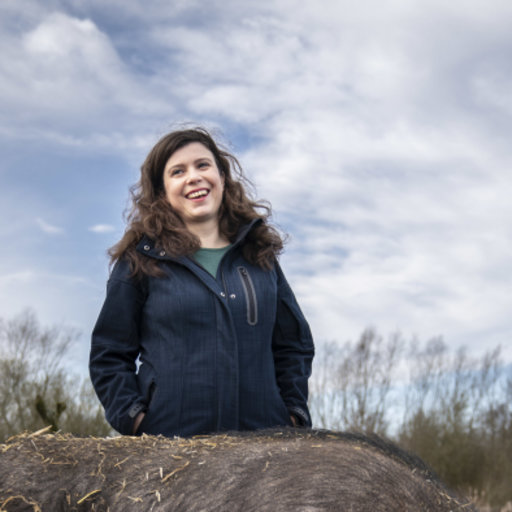
Dr. Çakırlar’s work reveals fallow deer’s Neolithic significance in Turkey, their spread through Europe and their introduction to the Netherlands by aristocrats in the 16th century. These deer, neither wild nor domesticated, challenge conventional categorization and prompt policy dilemmas. Minister of Agriculture, Nature and Food Quality Piet Adema’s decision to exempt fallow deer from the domestic animal list highlights this complexity. By emphasizing the role of scientific research in understanding resilient human-animal relationships, Dr. Çakırlar advocates for informed conservation policies. These findings mark the start of continued research into fallow deer and underscore the need to consider heritage and history in conservation decisions.
Dr. Çakırlar graduated from Bilkent’s Department of American Culture and Literature in 2000. She holds a master’s degree in Archaeology and History from the American University of Beirut and a PhD in Prehistory and Quaternary Ecology from Tübingen University. After postdoctoral research at the Smithsonian Museum, Koç University and Royal Belgian Institute of Science, she joined the University of Groningen in 2012.

